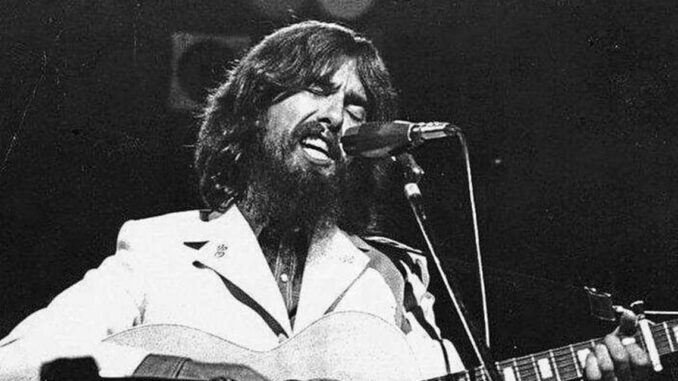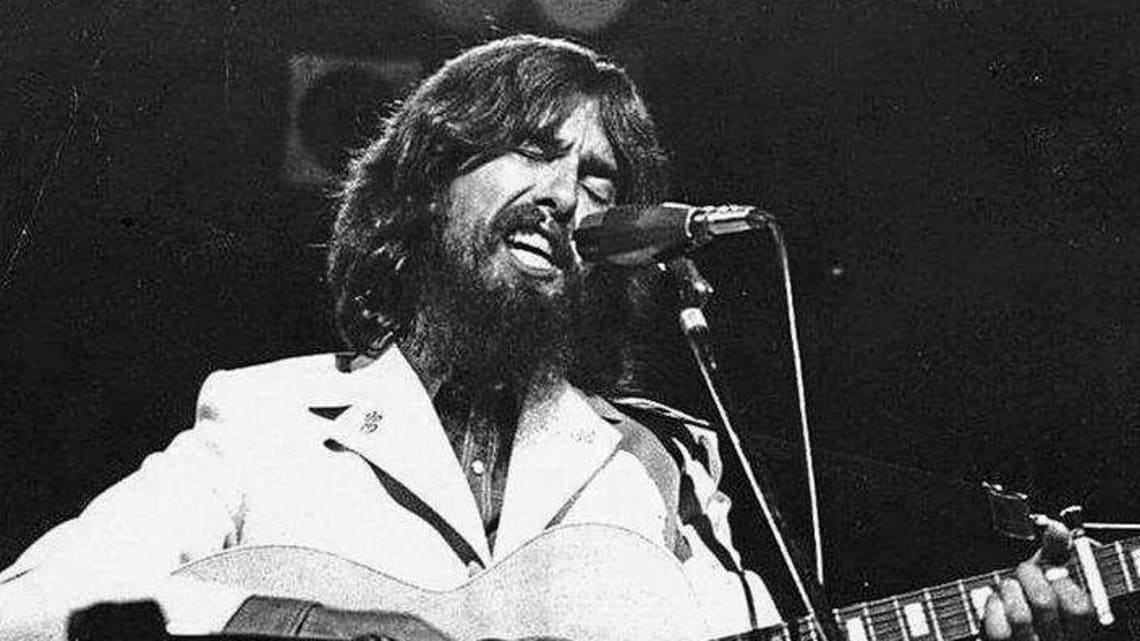
George Harrison’s Star-Studded ‘Concert for Bangladesh’ Finally Hits Streaming Services

YOU CAN FINALLY listen to George Harrison‘s star-studded Concert for Bangladesh album on the major streaming services. The acclaimed benefit concert, which took place at New York’s Madison Square Garden in 1971, featured Harrison, Ravi Shankar, Ali Akbar Khan, Ringo Starr, Bob Dylan, Eric Clapton, Leon Russell, Billy Preston, and many others joining forces to raise money for UNICEF and raise awareness about the humanitarian crisis that followed the previous year’s Bangladesh Liberation War. It was the first time musicians banded together for a benefit concert on a grand scale.
As with the original concert, proceeds from purchasing or streaming the album will go to the George Harrison Fund for UNICEF at the U.S. Fund for UNICEF. A short trailer for the film shows Harrison singing his final performance of the night, “Bangla Desh,” and highlights the artists who joined him. The album also includes the studio version of Harrison’s “Bangla Desh” single as a bonus track.
At the time, some 10 million Pakistani refugees had fled to India and were living meager existences. The Western media had not reported on it in depth, so Harrison and Shankar decided a large-scale spectacle would draw attention to the crisis. They organized two concerts, a matinee and an evening performance, on Aug. 1, 1971. A triple-LP box set of the album came out before the year was up, and a concert film of the event, directed by Saul Swimmer, opened in theaters in 1972. Each release raised even more money and awareness for UNICEF.
Rolling Stone covered the original concert and gave it a rave review. “In a year in which promoters and the press have decried the motives of the musicians and the level of the audiences, and each neo-Woodstock has been more avaricious than the last … the Bangla Desh benefit, in the magnificence of its music and the selflessness of its motives, was proof that the art and the spirit are still alive,” the article said. “And the audience and the musicians and the producers were respectful and cherished it, not just as history, but because it was also a sign of spring.”

Leave a Reply